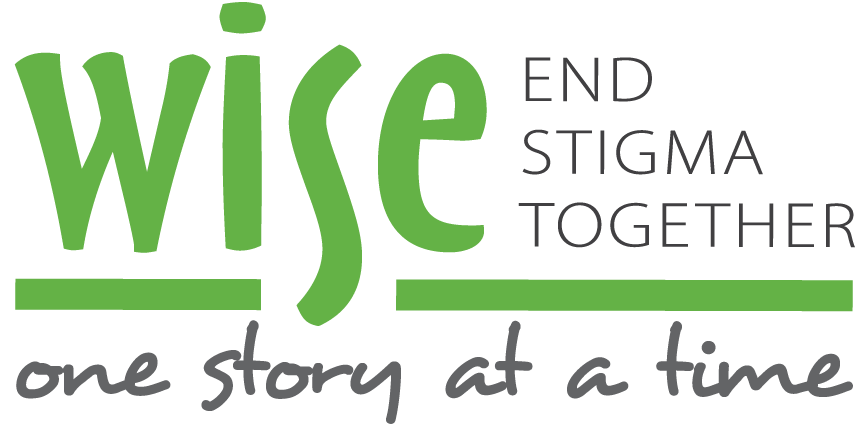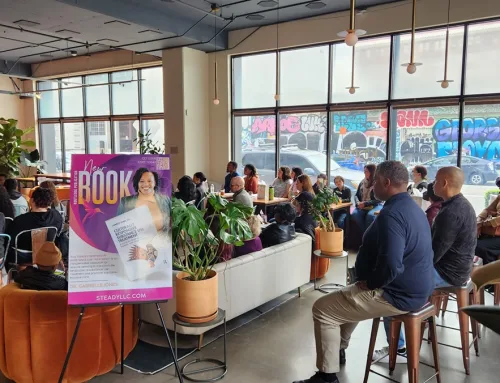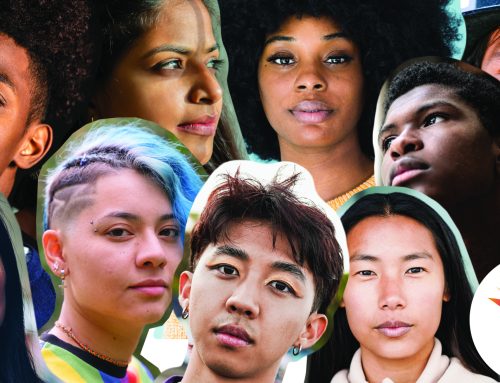
“Hello, my name is Gabrielle, and I am an addict”. This is the way people in recovery are generally introduced in recovery meetings. They say their name and declare their addiction to substances. This process over decades has created an identity. The statement, “I am an addict”, has become a point of pride for some, as it represents not only who they believe they are, but also an admission of their past transgressions and the idea that addiction is forever their identity. What many fail to realize, is this declaration of addiction has the capacity to ignore all other aspects of a person’s identity. Further, when considering adolescent development, societal norms carry a significant weight. Adolescents are grounded in their ethical values but are still discovering their social values. If an adolescent is attempting to abstain from substance use, yet the identity imposed on them by society is that they are an “addict”, how will they ever see themselves as anything other than…an “addict”? There are several efforts to de-stigmatize mental health, and recent studies have shown that Gen Z is very invested in mental wellness (Cuncic, A., 2021). However, substance use stigma falls far behind in these efforts. Language, drug type, and differences of opinion in conceptualization of substance use are three aspects of substance use stigma I will address in this blog.




